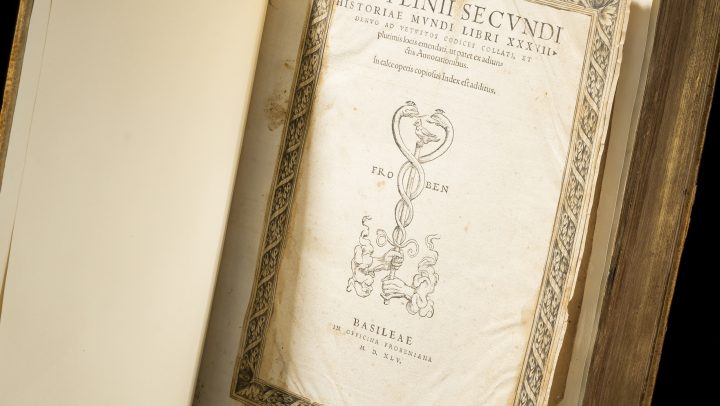“I talk only to myself and my books.”
With this phrase Pliny “the Younger” expressed both his love for reading and its importance in the development of knowledge. The internal dialogue between oneself and the ideas proposed by the pages is not a mere conversation. The Socratic method within classical philosophy developed ideas by discussing and questioning them.
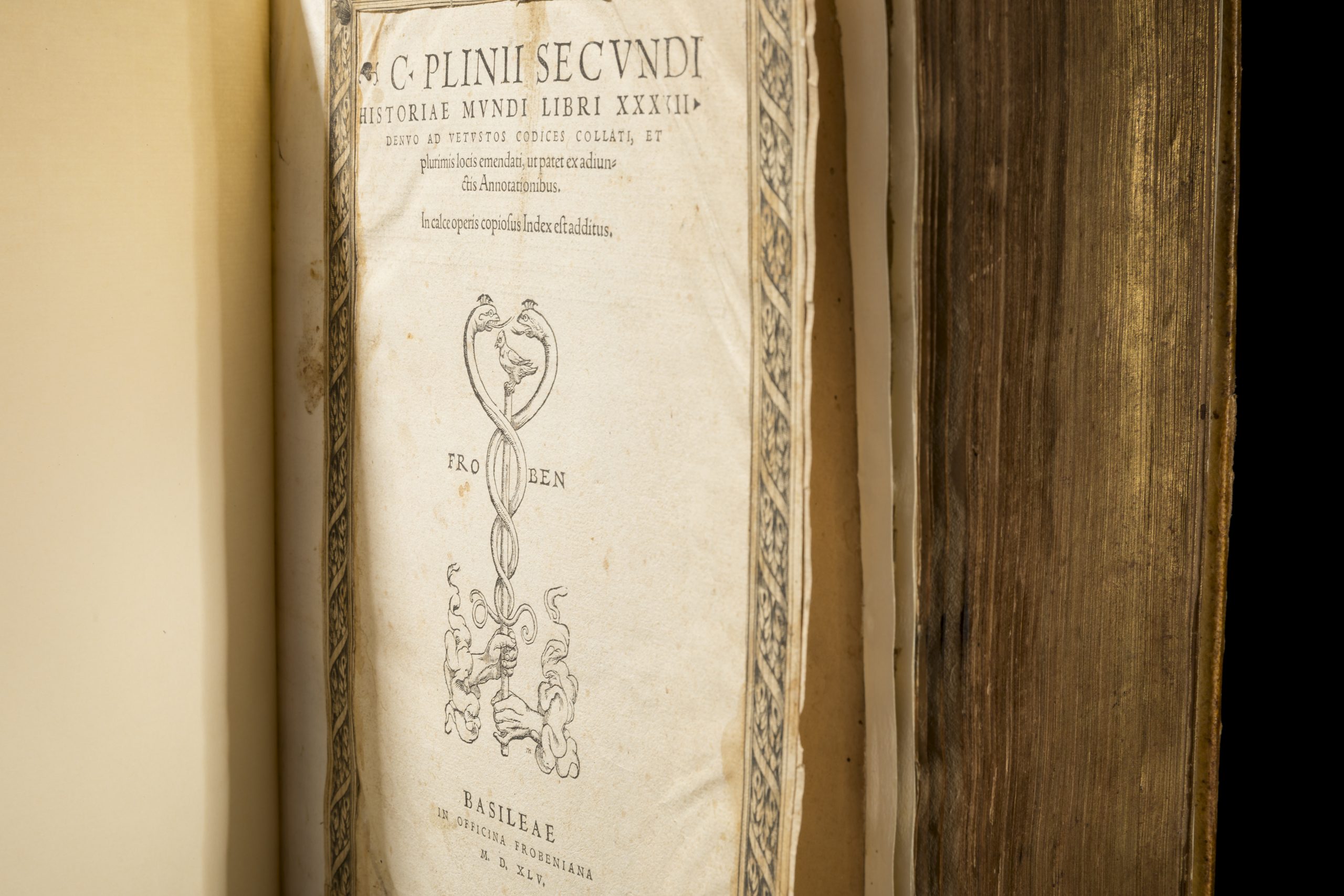
Thousands of years separate us from classical authors such as Strabo or Ptolemy, and yet the ideas they proposed have had an echo that still survives today. Such radical paradigm shifts, such as geography in the case of the former or heliocentric theory in the latter, are today the most basic pillars on which some of the most relevant knowledge is based. The passion for knowing the world and unveiling its secrets thanks to science and reason have defined the way in which humanity progresses. We could not understand this development without the power of books. If ideas are not transferred to paper, they may disappear or be misrepresented. Take, for example, the case of the mythical library of Alexandria.
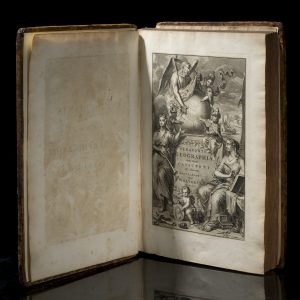
By the 4th century B.C., the Egyptian city was not only a place where the ambition was to treasure all the knowledge of the world, from ancient Egyptian manuscripts to the latest volumes of Greek philosophy, but also a place where the most prestigious scientists and intellectuals of the Hellenic world could experiment and study, as well as teach future generations. Thanks to this climate, Ptolemy was able to postulate his theories and disseminate them to the present day. The specimen we present at auction is a reflection of how this classic past has had a vital impact on our lives on a continuous basis.
The protection of knowledge through the formation of a library or the collection of books has been one of the most valuable resources for progress. If it had not been for the ancient libraries, the classical authors would not have transformed the world, and, without the monastic libraries of the Middle Ages, all that knowledge would have been lost, making it impossible to conceive of the Modern Age. It is therefore clear that all libraries play to a greater or lesser extent a fundamental role in our history.
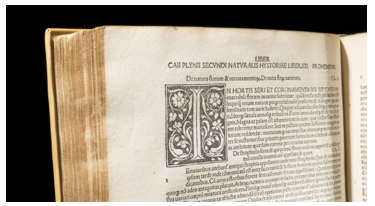
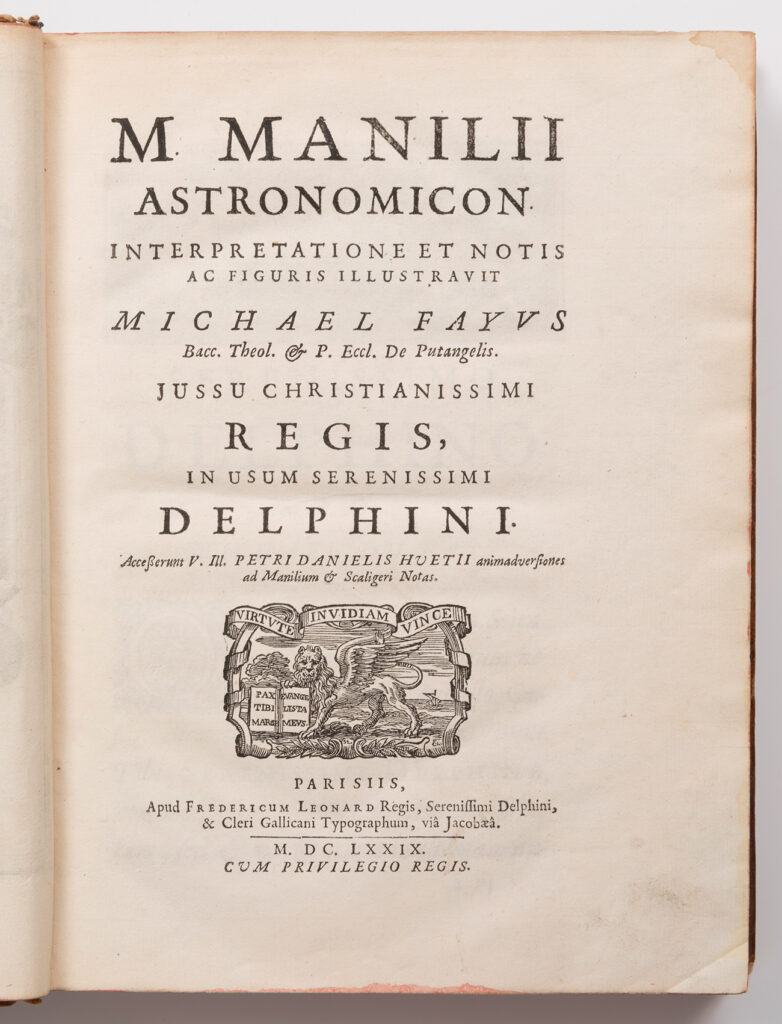
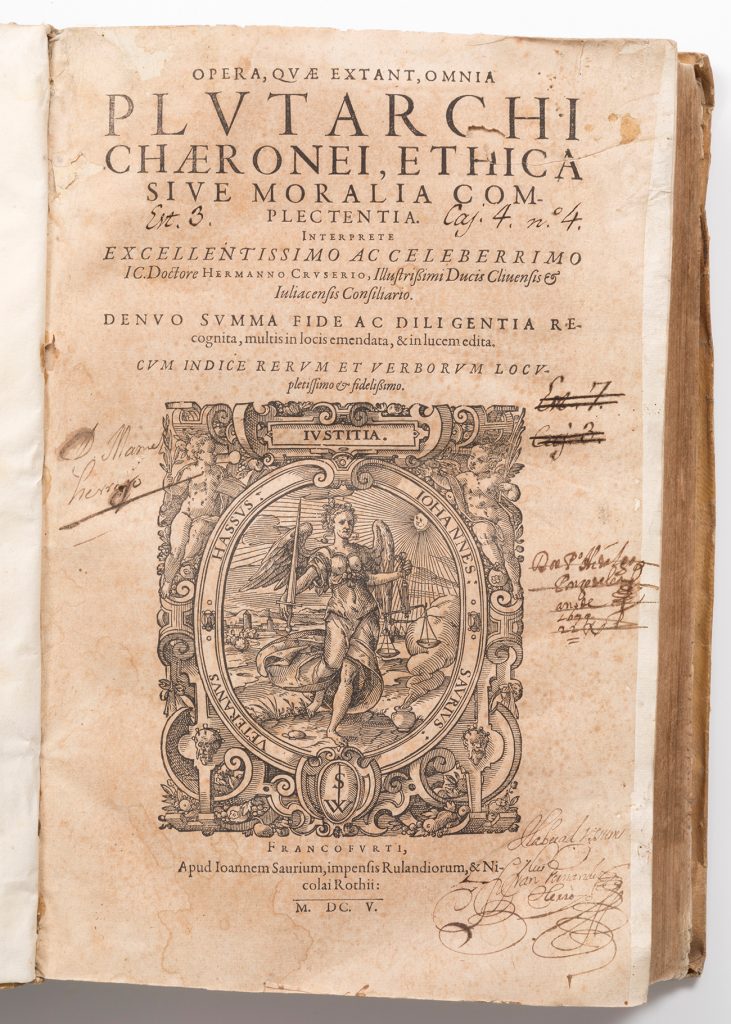
A significant part of the collection we present is the classical world. Greek and Roman authors define our cultural identity from the depths: Aristotle, Ptolemy, Strabo, Plutarch and Pliny are undoubtedly the protagonists of this library. The volumes that make up the catalog have an additional attraction, the date of printing: the sixteenth century and the panorama of the Renaissance. Copies such as the incunabulum of Pliny’s Natural History attest to the relevance of the classical world in one of the most fascinating and key periods of human progress. We invite you to travel through a crucial part of our history, to immerse ourselves in words that were written thousands of years ago by the most brilliant minds and to feel history more vividly each time we turn to the next page.
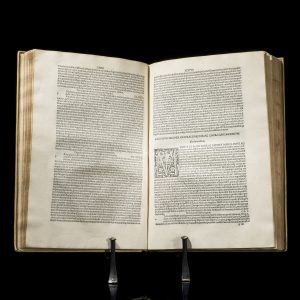
Lot 35314664

